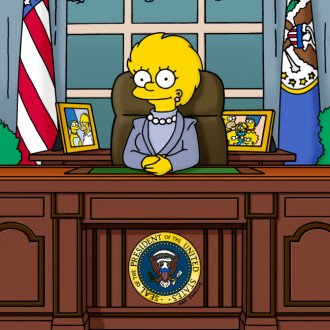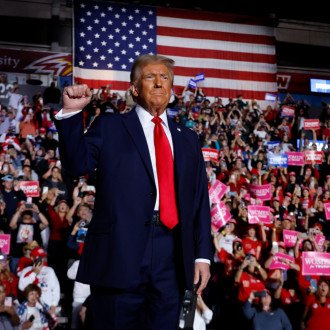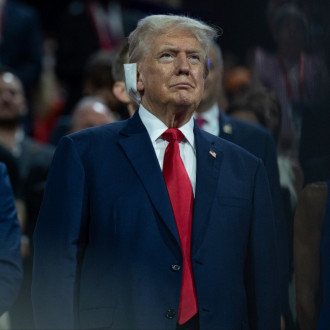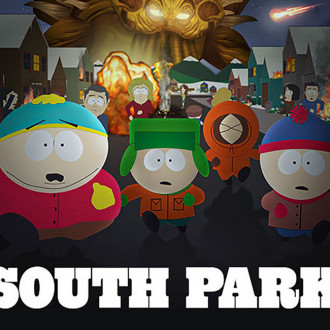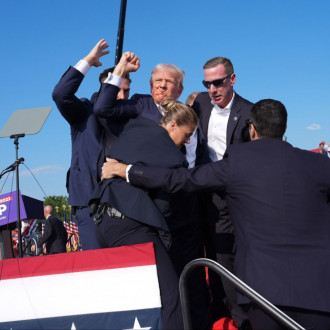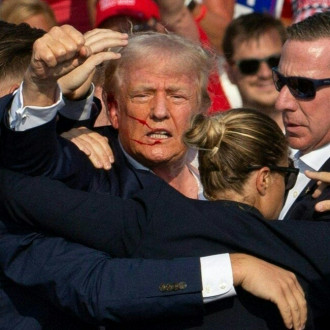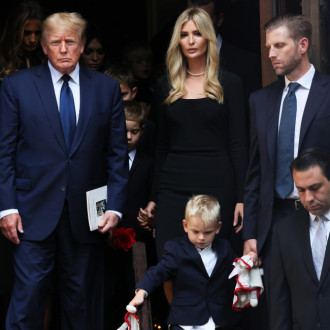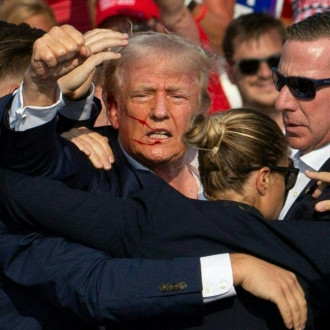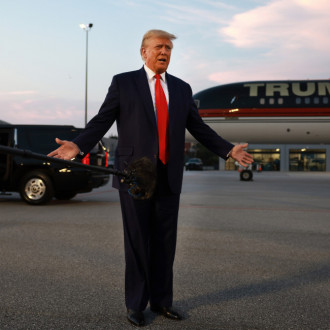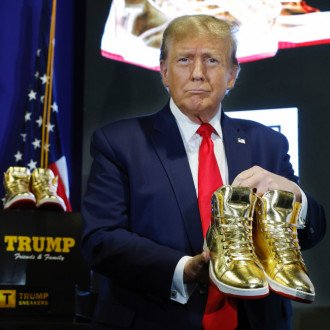7 Times Politicians Tried To Use Pop Songs Without Permission
By Ed Biggs in Music / Festivals on 25 August 2018
When politicians try to get some reflected glory off pop anthems, it never ends well.
After Aerosmith’s Steven Tyler had to write a second cease-and-desist letter to Donald Trump asking him to stop playing their songs during his rallies this week – having already called him out for doing the same with ‘Dream On’ three years ago – we thought we’d compile some other famous moments when politicians got scolded by musicians for using their songs without permission.
Almost inevitably, such clashes come up when songs are used by right-wing or conservative parties and candidates. Musicians are a fairly liberal bunch, understandably, and they don’t want their messages and sentiments getting confused with those counter to their own beliefs and ideologies.
So, here’s seven other famous moments when politicians tried to get some credibility off pop stars.

Before her beleaguered key-note speech at the 2017 Conservative Party conference, prime minister Theresa May walked onto the podium to Calvin Harris’s track ‘This Is What You Came For’, his 2016 collaboration with Rihanna.
The Scottish DJ tweeted in response: “Conservative party conference playing my song was not approved - I do not support nor condone happy songs being played at such a sad event.”
Florence Welch also gave the Tories both barrels when her cover of ‘You Got The Love’ was used at the end of the same speech!
The Smiths
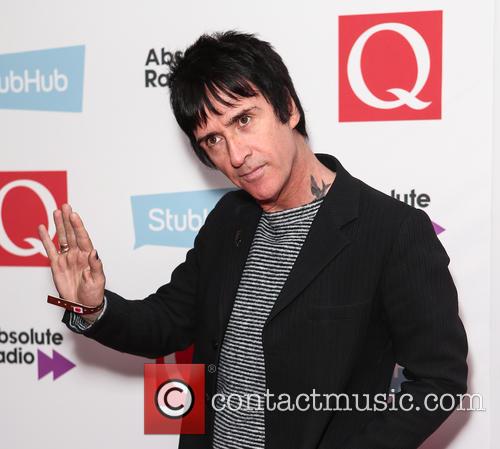
A more general condemnation came from indie hero Johnny Marr, who reacted with surprise in 2010 when then-Tory prime minister David Cameron publicly professed his love of Marr’s legendary group The Smiths.
The guitarist swiftly delivered a stinging rebuke to Cameron, writing: “Stop saying that you like The Smiths, no you don't. I forbid you to like it.”

It isn’t just Tories to which this trend applies. In 2008, Labour prime minister Gordon Brown thought he could get away with using Manchester band James’ iconic baggy hit ‘Sit Down’ from 1991 to soundtrack the party’s conference.
The band’s leader Tim Booth criticised Brown’s decision, saying he was “missing the point” of the song because ‘Sit Down’ is about “unity of people and spirit rather than healing the divisions of political parties”.

Donald Trump had to figure somewhere on this list again, inevitably. Devoutly liberal American indie outfit R.E.M. were furious to discover that the then-candidate Trump was pumping out their ‘80s hit ‘It’s the End of the World As We Know It (And I Feel Fine)’ at rallies.
When lead singer Michael Stipe found out, he was economical in his response: “go f*** yourself”.

The orange one again, as only he would be obvious enough to try to use the nakedly triumphalist ‘We Are The Champions’ in his political campaign in 2016. Brian May upbraided him, assuring the press that year: “I will make sure we take what steps we can to dissociate ourselves from Donald Trump's unsavoury campaign.”

Politicians using pop songs without permission is not something exclusive to the US and UK. In Denmark, a far-right party decided to use the legendary Abba to soundtrack one of their rallies. Only this time, there was a little innovation involved, as they decided to re-write the lyrics to ‘Mamma Mia!’.
It didn’t work, though, as Abba’s songwriters Benny Andersson and Bjorn Ulvaeus sued them. “Firstly, you cannot just rewrite songs as you like and secondly we want them to understand that we have absolutely no interest in supporting their party,” Andersson said.

The all-time best example of a politician being too dense to understand a song, Ronald Reagan attempted to use Bruce Springsteen’s iconic ‘Born In The U.S.A.’ for his re-election campaign in 1984. But despite being overtly anthemic and patriotic (that chorus and riff!), The Boss’s song was actually incredibly bleak, telling of a working class kid shipped abroad to fight in Vietnam, only to be dumped on the scrapheap upon his return.
Springsteen quickly rebuffed him, and has always been reluctant to perform the song live as it has always been open to misinterpretation as a national anthem.
More: RIP Aretha Franklin – seven of her most memorable moments
Contactmusic
Advertisement
Movies and Trailers

The Greatest Movie Ever Sold Movie Review
There's a zing of postmodern fun to be had while watching a film that documents...
